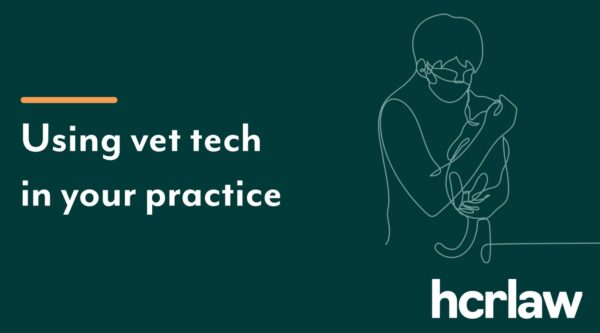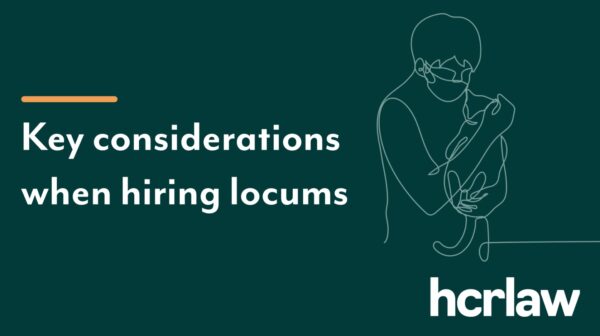

The new government set down its budget on 30 October, leading to serious concern in the private health sector due to the increase in National Insurance contributions from employers and a rise in the minimum wage.
The budget did allocate extra funding to local authorities for adult and children’s social care, but this has been criticised on the basis it will be wiped out instantly by the increase in staffing costs.
In addition, whilst the NHS and other public sector organisations have been shielded from the NI hike, this will not help the majority of care providers, GPs and hospices which are privately run. As such, there has been a widespread call from these organisations for all social care to be exempt from the NI increase.
Care England represents adult social care providers, and they have advised that the sector is in “unprecedented danger”. It estimates a rise in costs of £2.4bn from the budget increases and notes the likely closure of services that are no longer viable.
Compounded with the long-standing complaint that councils do not pay enough to care providers to cover the actual costs of care, this increase in staffing costs in such a labour-intensive industry may well be the final straw and the Chair of the Independent Care Group has said that a lot of providers will be pushed out of business.
GP and Deputy Chair of the British Medical Association Dr David Wrigley has said the impact of the budget on GP surgeries will be “monumental”. The Royal College of GPs has added that it has serious concerns about the impact on GP practices, many of which are already struggling due to historic chronic underfunding.
Lobby group Hospice UK said the sector is already under huge financial pressure, with staff pay forming the biggest portion of a hospice’s running costs. It’s called for those providing NHS services to get the same treatment as the bodies inside the NHS.
Assistance with these challenges
To help navigate these challenging times, there are some steps that providers can take to minimise cash-flow issues. Firstly, frequently monitoring balance sheets and cash flow forecasts is key to having full visibility on the financial position to be able to identify where a problem may be coming.
Secondly, it is worth seeing whether private-paying invoices can be recovered more quickly to reduce pressure on the overall cash-flow position.
If debt levels are no longer manageable, you should seek specialist advice on the options available to you. Seeking early advice is vital as there are less options available the worse things become.
Directors should seek specialist advice in order to protect their own personal positions rather than continuing to trade past the point where insolvency becomes inevitable.










